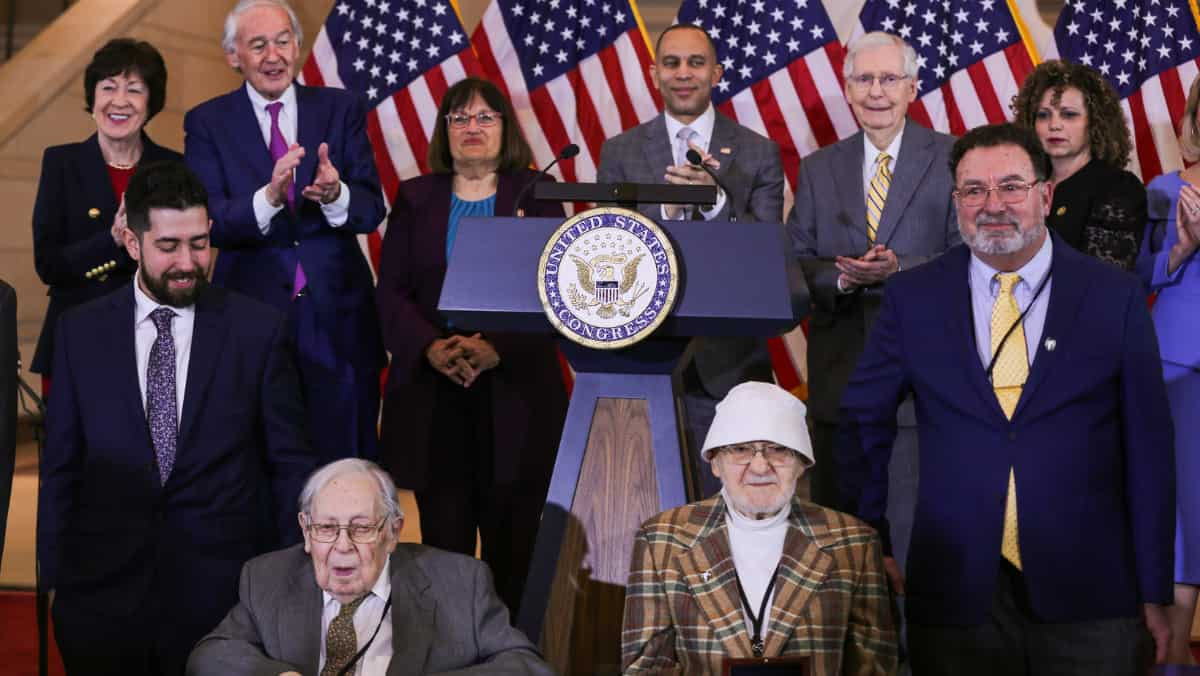Story Highlights
- The Ghost Army, known for its innovative tactics, played a significant role in the Allied victory during World War II.
- President Joe Biden endorsed a bill in 2022, awarding Congress’ highest honor to the Ghost Army.
The Ghost Army’s Deception Tactics
A group of US units, famously known as the “Ghost Army,” utilized clever decoy tactics to mislead the enemy and save numerous lives during World War II. This unique and highly classified unit, officially named the 23rd Headquarters Special Troops, was composed of individuals tasked with creating deception to confuse the enemy.
Innovative Deception Techniques
The primary role of the Ghost Army was to deploy inflatable tanks, trucks, and aircraft to create the illusion of a larger Allied force. By misleading German forces about the location and strength of Allied units, the Ghost Army diverted attention from real military operations and caused confusion among enemy intelligence.
Crucial Contributions in Europe
The Ghost Army actively participated in various operations across Europe, including the D-Day landings in Normandy and the liberation of Paris. Their deceptive tactics provided essential cover for actual troops, enabling them to advance with minimal resistance.
Recognition and Commendation
President Joe Biden’s endorsement of a bill in 2022 marked a significant recognition of the Ghost Army’s contributions to the Allied victory. In a ceremony on Capitol Hill, elderly veterans Seymour Nussenbaum, John Christman, and Bernard Bluestein were honored for their service.
Despite the absence of four other living members, the ceremony paid tribute to the veterans’ bravery and dedication. Bernard Bluestein, expressing his pride, remarked, “I am very proud and happy to be here.”
Diverse Backgrounds and Duties
Originating from varied backgrounds such as art schools, advertising, and public relations firms, Ghost Army members were assigned multifaceted roles. These included fabricating false vehicle identifications to confuse the enemy and impersonating US generals to deceive enemy spies.
Reflecting on their mission, Seymour Nussenbaum stated, “Our mission was to fool the enemy, to put on a big act.” Congresswoman Ann McLane Kuster, pivotal in acknowledging the unit, shared an anecdote about a veteran who humorously mentioned, “I blew up tanks,” without revealing they were inflatable.
















































